
Indiana Magazine of History
@inhistoryeditor.bsky.social
Peer reviewed journal of state and Midwest history. We’re just completing our 120th year of publication.
In 1907, Indiana became the first state to pass a eugenics-based sterilization law, allowing sterilization of the imprisoned and institutionalized who were deemed mentally or morally deficient. One of the most influential proponents of eugenic theory in early 20th-century Indiana was Dr. John Hurty.

August 26, 2025 at 6:04 PM
In 1907, Indiana became the first state to pass a eugenics-based sterilization law, allowing sterilization of the imprisoned and institutionalized who were deemed mentally or morally deficient. One of the most influential proponents of eugenic theory in early 20th-century Indiana was Dr. John Hurty.
John N. Hurty was the secretary of the Indiana State Board of Health from 1896 to 1922. He advocated for a scientific approach to public health and became so well-known for a variety of public health reforms that a state medical journal titled him "Indiana's most useful citizen."

August 25, 2025 at 9:46 PM
John N. Hurty was the secretary of the Indiana State Board of Health from 1896 to 1922. He advocated for a scientific approach to public health and became so well-known for a variety of public health reforms that a state medical journal titled him "Indiana's most useful citizen."
Mix one grain of sulphate of zinc and one grain of foxglove (digitalis) in half a teaspoon of water, add four ounces of water, and drink. This "infallible" mixture, according to advertisements in Muncie newspapers in August 1893, would cure smallpox within twelve hours.

August 22, 2025 at 8:44 PM
Mix one grain of sulphate of zinc and one grain of foxglove (digitalis) in half a teaspoon of water, add four ounces of water, and drink. This "infallible" mixture, according to advertisements in Muncie newspapers in August 1893, would cure smallpox within twelve hours.
In August 1893, Dr. Frank Jackson, city health officer of Muncie, diagnosed 14 cases of smallpox within one of the city's neighborhoods. The city council quarantined the affected houses, called for a widespread vaccination program, and began building 2 hospitals to house the sick.

August 21, 2025 at 2:47 PM
In August 1893, Dr. Frank Jackson, city health officer of Muncie, diagnosed 14 cases of smallpox within one of the city's neighborhoods. The city council quarantined the affected houses, called for a widespread vaccination program, and began building 2 hospitals to house the sick.
Today’s guest editor of our journal.

December 12, 2024 at 3:28 PM
Today’s guest editor of our journal.
In the early 20th century, 4,000 Hoosiers died every year from tuberculosis. Irene Byron was a public health nurse in Fort Wayne, Indiana, serving for four years as part of the city's campaign against the disease. Byron worked in the city clinic and tent hospital, and visited patients at home.
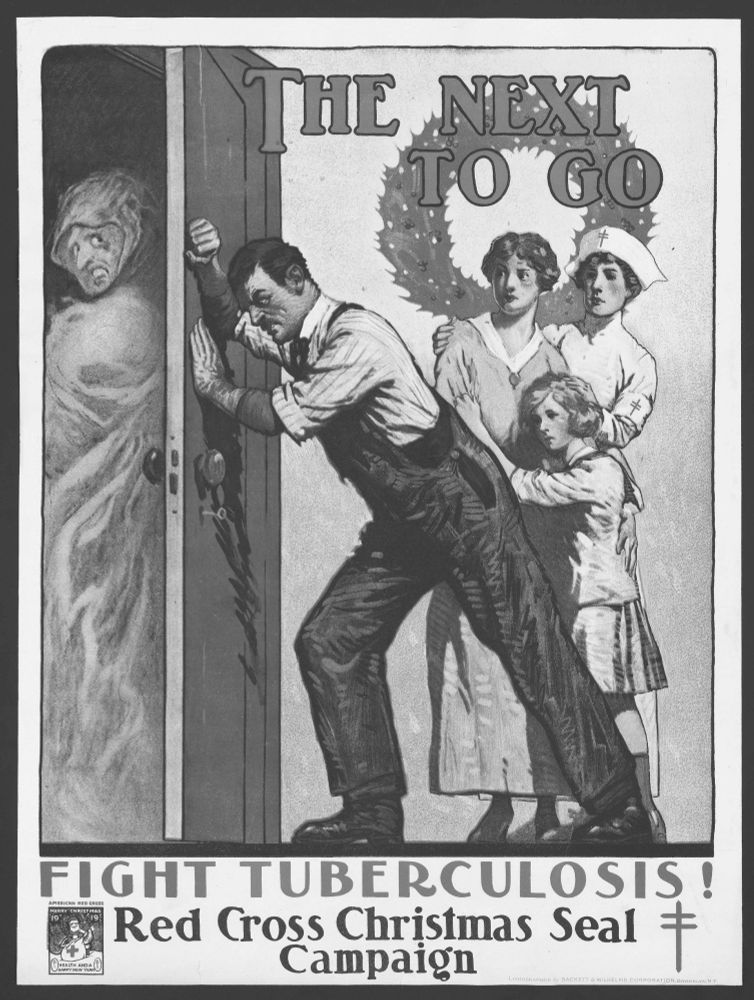
December 12, 2024 at 1:19 AM
In the early 20th century, 4,000 Hoosiers died every year from tuberculosis. Irene Byron was a public health nurse in Fort Wayne, Indiana, serving for four years as part of the city's campaign against the disease. Byron worked in the city clinic and tent hospital, and visited patients at home.
Rev. Moses Broyles, pastor of Second Baptist Church in Indianapolis, was instrumental in bringing Frederick Douglass to the city to speak at a two-night fundraiser for the local YMCA. The organization set aside seats for Black audience members in the balcony of the local opera house.
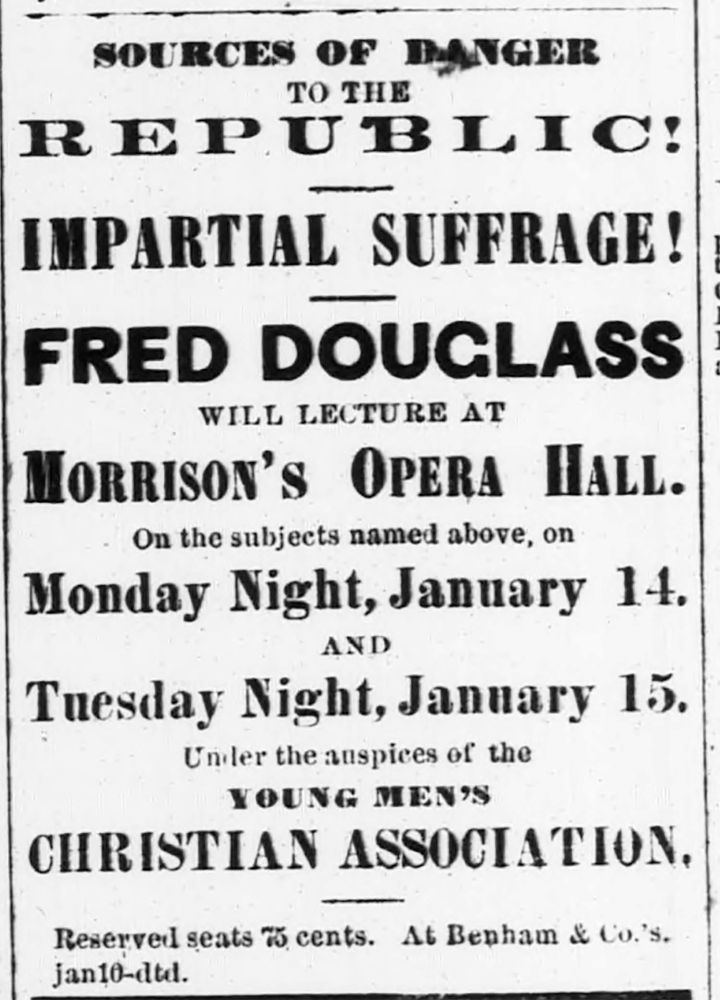
December 10, 2024 at 9:37 PM
Rev. Moses Broyles, pastor of Second Baptist Church in Indianapolis, was instrumental in bringing Frederick Douglass to the city to speak at a two-night fundraiser for the local YMCA. The organization set aside seats for Black audience members in the balcony of the local opera house.
In 1907, Eugene Debs joined the staff of Appeal to Reason, a Socialist newspaper based in Girard, Kansas. His wife Katherine formed personal and professional relationships with some of the women instrumental to the paper's success, especially Grace Babbitt Brewer, the head of the Appeal Army.
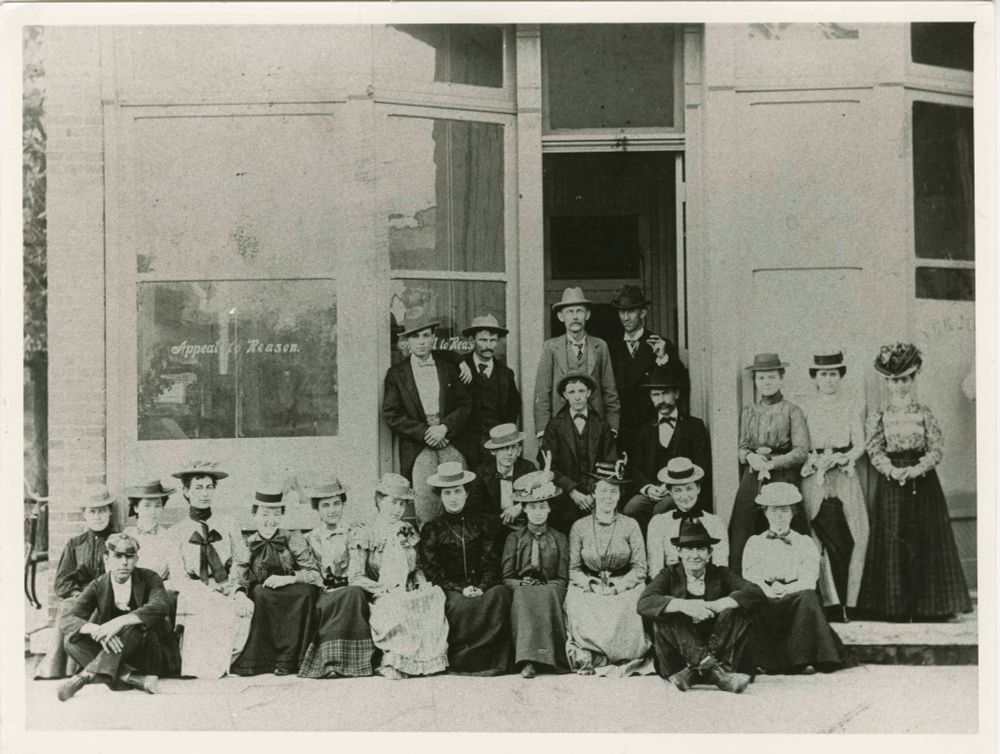
December 9, 2024 at 12:34 PM
In 1907, Eugene Debs joined the staff of Appeal to Reason, a Socialist newspaper based in Girard, Kansas. His wife Katherine formed personal and professional relationships with some of the women instrumental to the paper's success, especially Grace Babbitt Brewer, the head of the Appeal Army.
Katherine Metzel Debs has frequently been portrayed as an insignificant appendage of her husband, Socialist leader Eugene V. Debs. In truth, Kate Debs acted as her husband's secretary, ran a Socialist publishing concern, and maintained close personal and professional ties with other Socialist women.
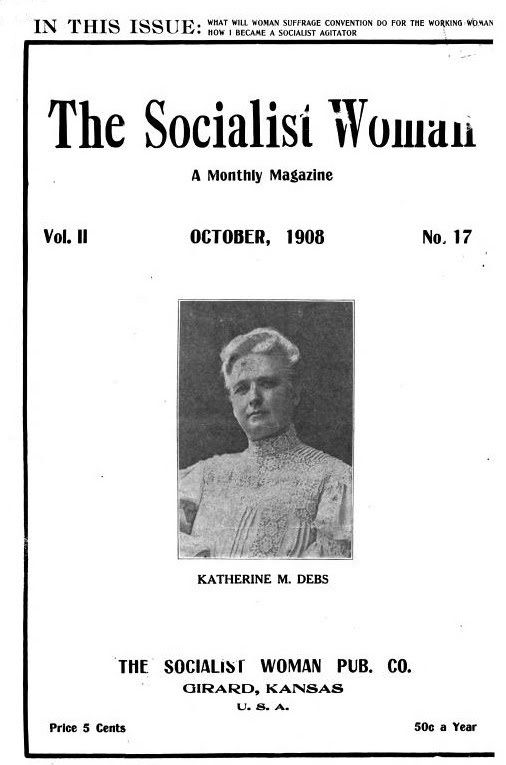
December 5, 2024 at 7:32 PM
Katherine Metzel Debs has frequently been portrayed as an insignificant appendage of her husband, Socialist leader Eugene V. Debs. In truth, Kate Debs acted as her husband's secretary, ran a Socialist publishing concern, and maintained close personal and professional ties with other Socialist women.
Moses Broyles was born into slavery in 1826. Sold away from his family in Maryland, he grew up in Kentucky. Broyles was able to buy his freedom in 1854. Already literate, he moved to Lancaster, Indiana, where he enrolled at the Eleutherian Institute.
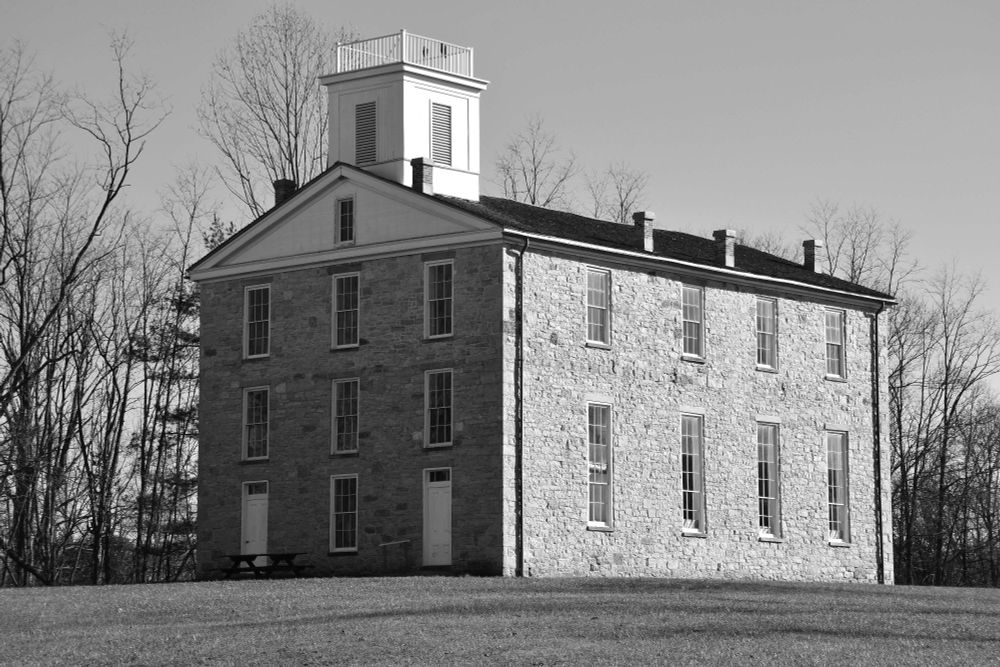
December 4, 2024 at 4:05 PM
Moses Broyles was born into slavery in 1826. Sold away from his family in Maryland, he grew up in Kentucky. Broyles was able to buy his freedom in 1854. Already literate, he moved to Lancaster, Indiana, where he enrolled at the Eleutherian Institute.
The Ark also featured news and stories that connected Lebanese and Syrian immigrants to the larger Arab world. Prof. Edward Curtis's article, published in the March 2024 issue of the IMH, offers a compelling history of a significant, largely unknown, ethnic newspaper in the Midwest. #projectmuse

November 22, 2024 at 3:36 PM
The Ark also featured news and stories that connected Lebanese and Syrian immigrants to the larger Arab world. Prof. Edward Curtis's article, published in the March 2024 issue of the IMH, offers a compelling history of a significant, largely unknown, ethnic newspaper in the Midwest. #projectmuse
From our March 2024 issue: Prof. Edward Curtis examines the history of the Syrian Ark, an Indianapolis-based newspaper that, from 1936 to 1954, chronicled Arab, Syrian, and Lebanese midwestern life. Look for the most recent years of the IMH on Project Muse. #projectmuse

November 18, 2024 at 5:21 PM
From our March 2024 issue: Prof. Edward Curtis examines the history of the Syrian Ark, an Indianapolis-based newspaper that, from 1936 to 1954, chronicled Arab, Syrian, and Lebanese midwestern life. Look for the most recent years of the IMH on Project Muse. #projectmuse

